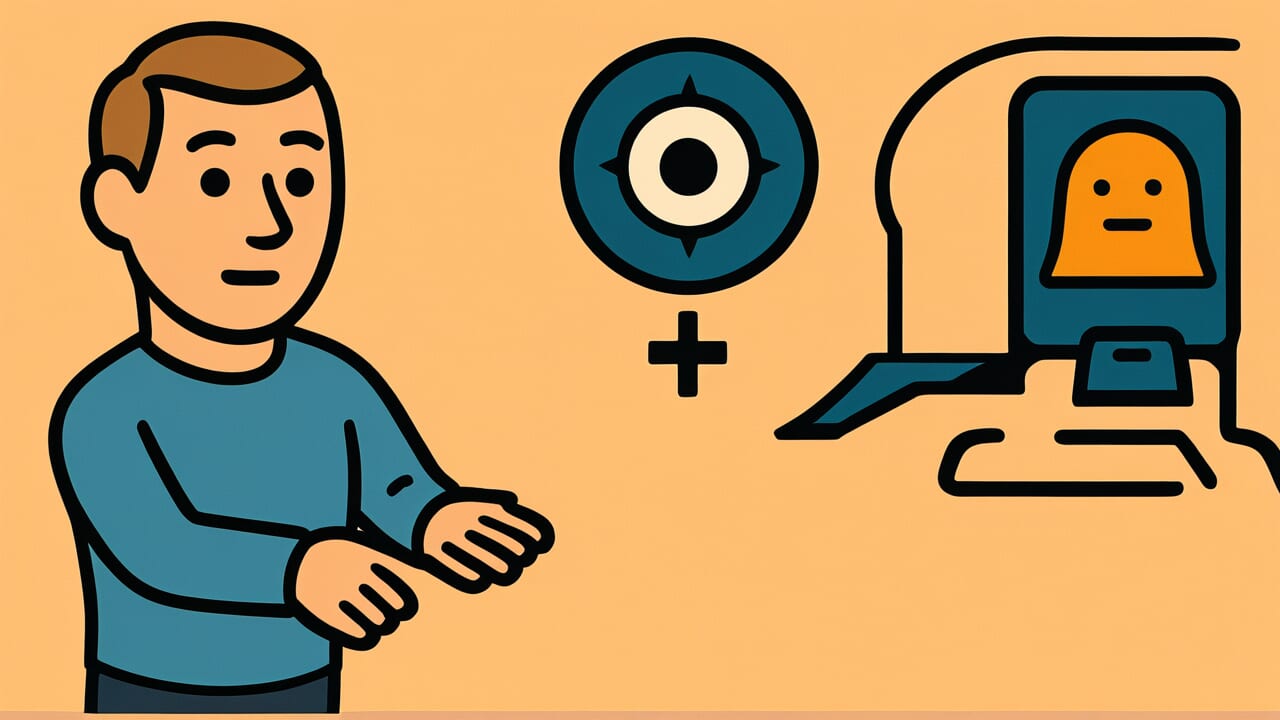How to Read “Nothing is more visible than what is hidden”
Kakuretaru yori miruru wa nashi
Meaning of “Nothing is more visible than what is hidden”
This proverb expresses a fundamental truth about human nature. When you try to hide something, it will inevitably come to light.
The more you try to keep a secret, the more unnatural your attitude and behavior become. This unnaturalness actually draws more attention from those around you.
People use this saying when dishonesty or secrets are exposed. It also applies when someone is clearly trying to hide something.
It often serves as a warning that “hidden things will eventually be discovered.” People also use it to teach the importance of honesty.
This expression conveys the pointlessness of trying to conceal things. It reminds us that truth always reveals itself eventually.
In today’s social media age, hiding information has become even harder. This makes the proverb’s meaning more relevant than ever.
Origin and Etymology
This proverb preserves classical Japanese grammar, giving it a dignified tone. “Kakuretaru” means “being hidden” in old Japanese.
“Miruru” is an ancient word meaning “to be visible” or “to appear.” “Nashi” expresses negation, meaning “there is nothing.”
Together, the phrase creates a paradox: “Nothing is more visible than what is hidden.”
No clear historical records explain this proverb’s exact origin. However, it clearly connects to ancient Japanese philosophical thought.
The Buddhist concept of “cause and effect” likely influenced this saying. The Shinto belief that “the gods are watching” may also play a role.
The structure of the phrase sharply captures human nature. When people try to hide something, their behavior becomes unnatural.
This very unnaturalness alerts others to the existence of a secret. The act of hiding creates the visibility.
Japanese people have long valued reading beyond surface words and actions. They seek to understand the true feelings and truth beneath.
This proverb reflects the Japanese skill in observing human behavior. It also shows the cultural value placed on sincerity and honesty.
Usage Examples
- His affair was a case of “Nothing is more visible than what is hidden” – his strange behavior gave him away immediately
- They tried to hide the accounting fraud, but “Nothing is more visible than what is hidden” – their attempts only made people more suspicious
Universal Wisdom
This proverb teaches us about the mysterious relationship between human psychology and behavior.
When we try to hide something, we think we’re acting perfectly normal. Yet unconsciously, we send out countless signals.
We avoid eye contact. Our voice tone changes. We dodge certain topics. We explain more than necessary.
People detect these tiny changes with surprising sensitivity. Our bodies betray what our minds try to conceal.
Why has this proverb survived for hundreds of years? Because the difficulty of hiding truth is a universal human experience.
No matter how much technology advances, no matter how society changes, we cannot completely seal secrets in our hearts.
Interestingly, this proverb goes beyond the simple lesson “don’t do bad things because you’ll get caught.”
It contains a deeper insight about human transparency. We are fundamentally beings who cannot hide everything.
This isn’t a weakness. It’s the essence of being human.
When we keep secrets, we feel heaviness in our hearts. We experience anxiety and guilt.
These emotions seep into our expressions and attitudes. Our ancestors understood this fundamental truth about human nature.
When AI Hears This
In information theory, unpredictable events carry more information. Behavior that differs from normal patterns becomes a powerful signal.
Imagine someone who takes the same route every day suddenly makes a detour. Others notice and think “something’s up.”
This is entropy increasing. The act of hiding creates deviation from normal patterns. This deviation actually broadcasts large amounts of information.
Shannon’s information theory shows that unlikely events require more bits to encode. Concealment behavior is exactly this kind of “unlikely event.”
Even more interesting is how human brains specialize in detecting change. Our visual system responds more to moving objects than static backgrounds.
Our hearing is more sensitive to changing sounds than constant ones. The act of hiding breaks environmental redundancy.
It stands out like a signal in noise. Normal behavior that requires 10 units of information suddenly requires 100 units when hiding is involved.
This breaks through the observer’s cognitive filters and demands attention.
Information compression offers another explanation. Daily behavior is highly compressed information.
But concealment becomes uncompressible exception data. The brain’s attention mechanism judges “this is important.”
The more you hide, the more the act itself becomes powerful meta-information that spreads. This is the mathematical truth that information theory reveals about this proverb.
Lessons for Today
This proverb teaches modern people that honesty is actually the easiest way to live.
Carrying secrets drains more psychological energy than you might imagine. You must constantly stay alert, keep your story straight, and watch for contradictions.
This kind of life only exhausts you. It serves no one, least of all yourself.
In today’s social media and digital society, information is more transparent than ever before.
Small lies and secrets can come to light from unexpected places. This is why living honestly from the start ultimately protects you.
Of course, you don’t need to expose everything about yourself. Privacy and secrecy are different things.
What matters is not doing things you’d feel guilty about. Don’t take actions that require excuses.
If you live this way, you won’t need to hide anything. You won’t worry about being discovered.
Living honestly sometimes requires courage. But that courage brings you true freedom.
A life without secrets is surprisingly light and peaceful. Your heart remains calm.
This proverb is an invitation to that kind of life. It shows you the path to genuine peace of mind.



Comments